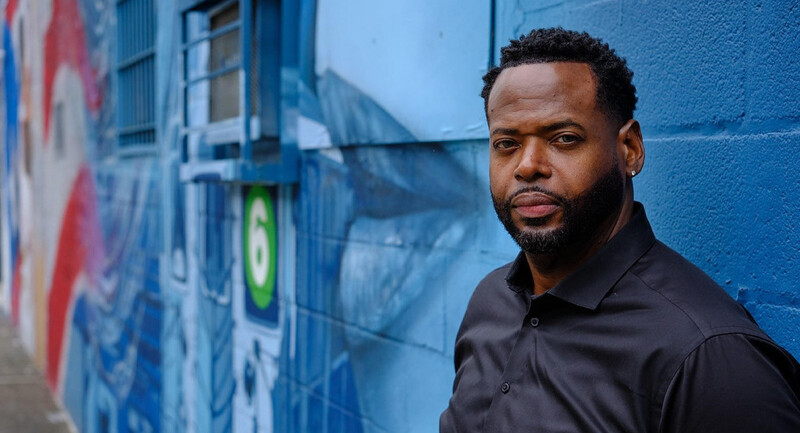Editor’s Note: This interview took place on March 11, 2020. This situation is constantly evolving. Please refer to official school/district statements for the status of the schools/districts referenced in this interview.
Phyllis Pajardo (@drphyllpajardo) is superintendent of Fairfax City Schools in Fairfax, Virginia, and a member of the ASCD Faculty. She spoke to ASCD about how her district is adapting as the coronavirus impacts schools across the world. Responses edited for length and clarity.
How’s it going?
Oh, it’s on and poppin’ in the city of Fairfax, Virginia. We’ve had the second case of COVID-19 in the City of Fairfax. Over the weekend, I was on the phone with the health department, the city manager, the Fairfax County superintendent, elected officials, emergency officials, planning folks.
What information will guide your decision on whether to close schools?
Part of the decision will be based on attendance. Schools look very closely at student absences; it’s part of the Virginia report card. We’ll be looking for a significant uptick in absences in a particular school or we’ll make the decision to close individual schools (not the entire district) based on recommendations from the health department. Nobody wants to close an entire district, because that sends a panic into the community. Because while this is a concern, what we’re currently hearing from the health department is that our area is still relatively low in terms of cases.
What preventative strategies are you employing, on a district wide basis?
Several things have occurred. We’ve retrained custodians around cleaning protocols. We have more than six months of cleaning supplies available. We’re doubling back on high-traffic areas and surfaces, like bathrooms and doorknobs. Going over handwashing protocols with staff and students. Putting hand sanitizer in high traffic areas that don’t have student-accessible sinks nearby, like cafeterias.
What about preparing teachers to shift to more online learning for students?
On Monday, Fairfax County is closing [all schools] to hold a refresher for teachers on how to use all of our virtual learning resources. But in terms of pedagogy, Fairfax has really gone global in terms of connecting students with e-learning resources. That pedagogy has been part of our work as educators for a number of years.
What about serving families who depend on school breakfast and lunch?
This week, I was meeting with my advisory team, and one of the parents asked this same question. So, we’re thinking about some of the interventions we do in the summer. For example, this past summer, we set up food banks so that kids and families could get meals at a location. Families still need to eat in the summer, even though school isn’t in session. We can apply some of the same strategies to this crisis. Now it’s a little more complicated, especially if we are talking about being able to serve meals to students in quarantine, but we’re talking about it, working through it.
How’s communication going? How do you avoid misinformation and panic?
We’re hearing that there’s a heightened sense of concern, but it’s not at panic. Our parents have said they appreciate getting messages every couple of days, not every day. Parents clearly told me, if you start sending us a daily message, we’re going to start being very concerned. Our district has also focused on aligning our communication with messages coming from the health department. We, as educators, are not the sources of medical information.
How does your response to the crisis reflect your emphasis on whole child education?
It’s not just about physical safety; we care about the emotional health of our students. An unwell kid or a stressed out kid – neither is going to be available for learning. The other whole child aspect is that we recognize the importance of community in dealing with the coronavirus. It takes our community, not just the schools, but a community of partners, including the health department, fire and rescue, hospitals, city governments, etc., to address an issue that the U.S. hasn’t seen in a very long time. Even with natural disasters, they are regionalized. This crisis crosses all schools, nationwide. I mean, it’s forced collaboration, but it’s actually been nice to connect with school leaders across the country and find out what they’re doing, share documents, ask have you thought about this? We share in this concern, so as a community of practice, it’s not about any one of us being better than the other, but about all of our communities being safe and feeling whole.








